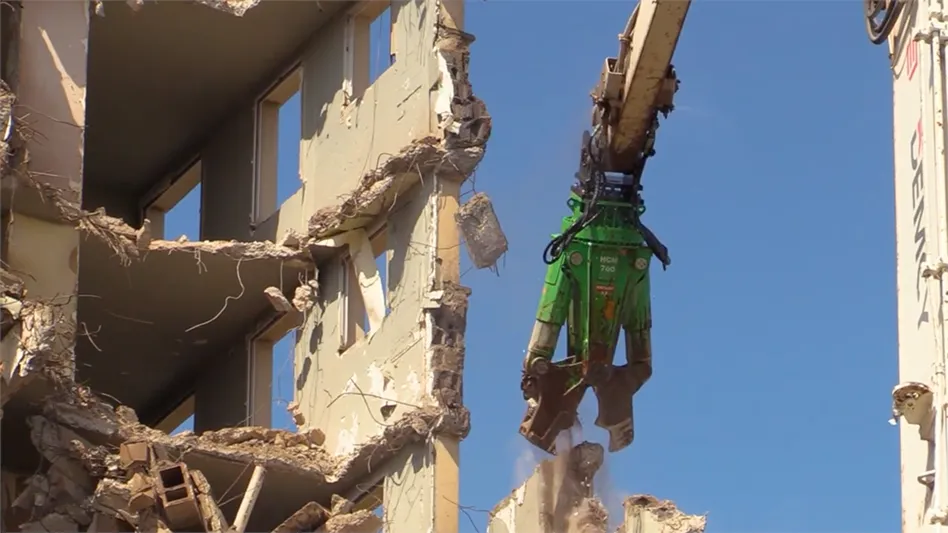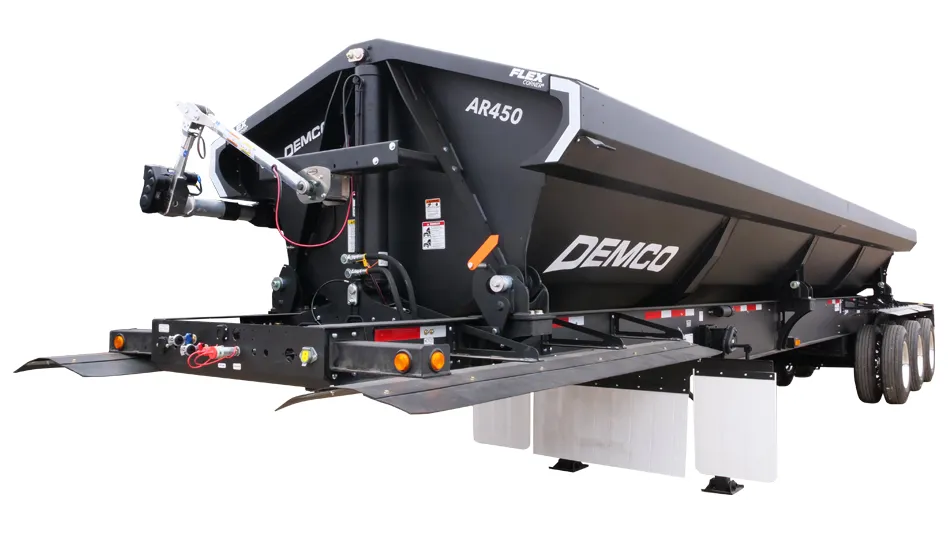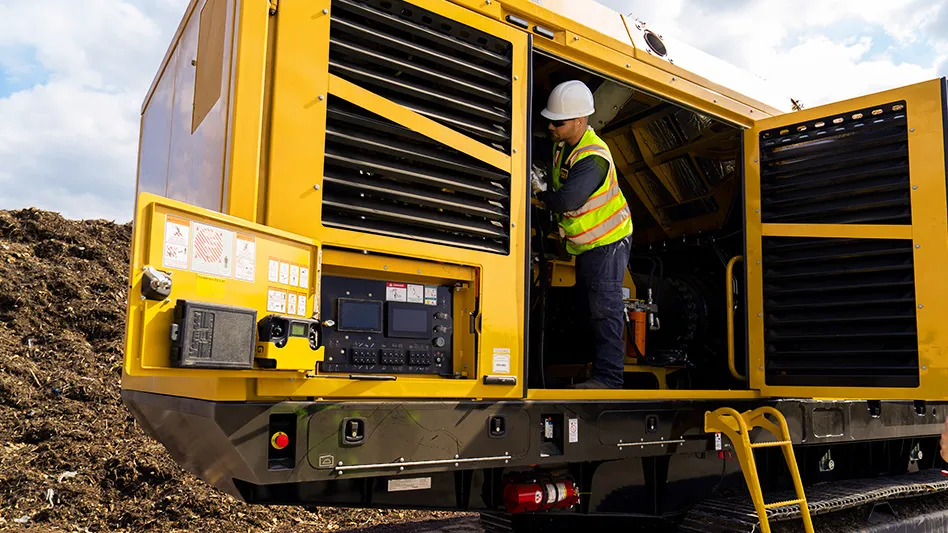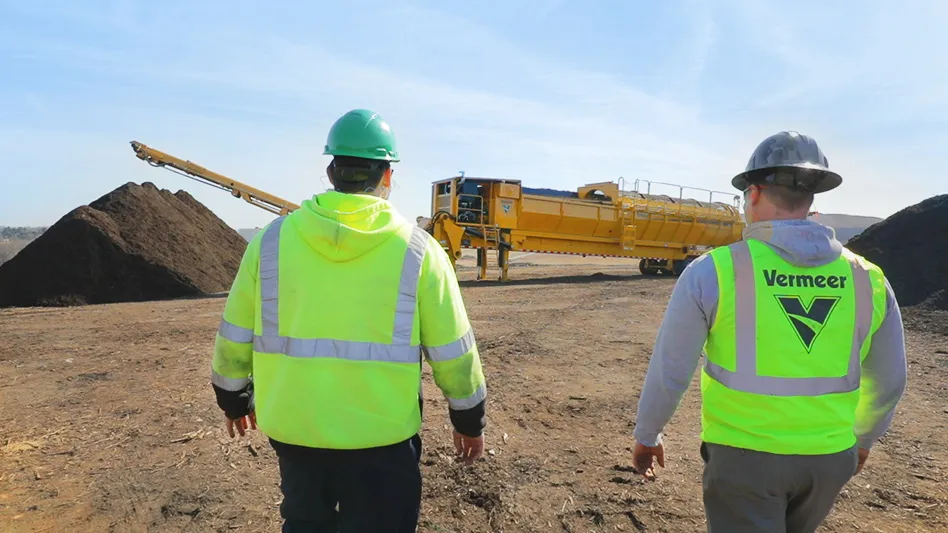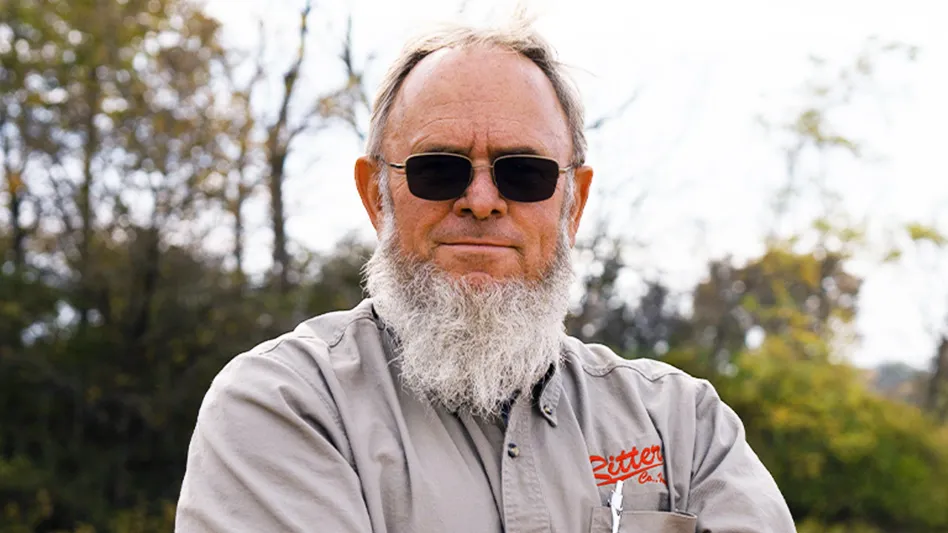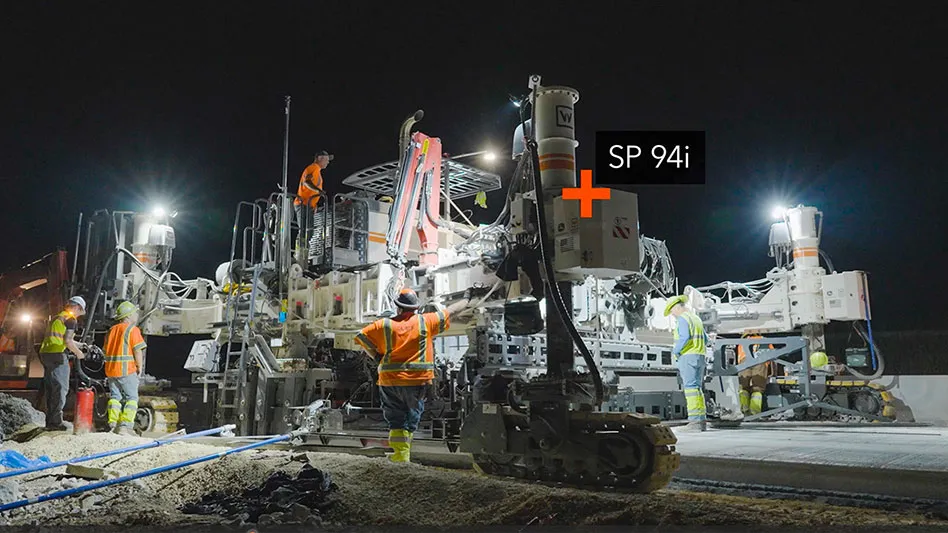The Oregon Department of Environmental Quality (DEQ) will hold an information meeting on Oct. 18 to hear comments from the public on Columbia Steel Casting’s application to use foundry slag generated at its site as a non-residential construction fill.
The DEQ is proposing to approve the company’s request for a Beneficial Use Determination for its foundry slag. Written comments will be accepted until 5:00 p.m. Oct. 28, 2011.
Columbia Steel generates solid waste in the form of foundry sand, steel slag and baghouse dust. On Dec. 3, 2010, DEQ received an application from Columbia Steel for a tier-two Beneficial Use Determination. Columbia Steel proposes to sell its electric arc furnace steel slag waste material to customers who will use the slag as a non-residential construction fill, utility trench fill or road base material. The slag will substitute for crushed natural rock or crushed concrete. The application is not for a specific identified land application at a specific time and location. The slag will be applied to the land, but DEQ will not know specifically where or when ahead of time.
DEQ has determined that Columbia Steel’s beneficial use proposal meets the requirements for a tier two case-specific beneficial use determination under recently adopted Oregon rules.
To receive the approval, the DEQ is requiring the following:
- The spent steel slag not contain concentrations of hazardous substances above DEQ-approved human health occupational risk-based screening levels or natural occurring background, whichever is higher.
- The steel slag must be screened with sieves no smaller than 250 micrometers, the size of a US standard No. 60 sieve mesh, so that the finest particle fraction is removed from slag available for sale.
- The steel slag may be used only for non-residential construction fill, utility trench fill or road base that will not come into contact with or pollute groundwater or surface water.
- The steel slag must not be stored or used in drainage applications or near water or wetland areas and must not be stored or used in ways that would allow discharge to groundwater, surface water, or wetland areas.
- After being beneficially used, the steel slag must be covered with at least three inches of asphalt or concrete or six inches of clean soil, rock or sand or similar materials to minimize exposure to people and wildlife.
- Columbia Steel must notify prospective users of the conditions on use.
- In accordance with Oregon rules, Columbia Steel and any person that receives the steel slag must store and manage the material to prevent releases to the environment or nuisance conditions.
- Every year, Columbia Steel must submit a report to DEQ identifying the volume sold, to whom, and for what purpose (as stated by the purchaser). DEQ will review this information annually to verify that the slag was beneficially used according to specified conditions.
The full public notice, DEQ evaluation and draft approval letter are available at http://www.deq.state.or.us/news/publicnotices/PN.asp/.
Latest from Construction & Demolition Recycling
- EPA announces $3B to replace lead service lines
- NWRA honors award recipients during annual breakfast at WasteExpo
- Safe Fleet, ITA Dynamics unveil integrated financial, route management system
- Bateman unveils 210 series orange peel grapple
- Republic reports first quarter growth
- Meridian Waste completes second acquisition of 2024
- NEPA revisions could delay critical infrastructure, ABC says
- Liebherr USA announces new divisional director
